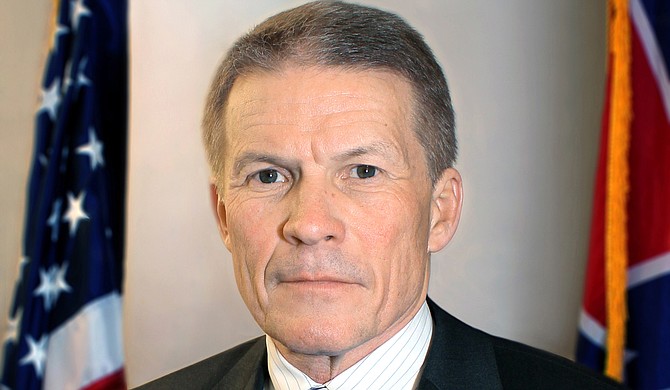Lawyers for Mississippi Department of Corrections Commissioner Marshall Fisher filed notice Wednesday in federal court in Jackson, saying they will ask the 5th U.S. Circuit Court of Appeals to overturn the decision by a district judge over conditions at the Walnut Grove Correctional Facility. Photo courtesy MDOC
JACKSON, Miss. (AP) — Mississippi prison officials have filed notice that they plan to appeal continued federal court oversight of a Leake County prison.
Lawyers for Corrections Commissioner Marshall Fisher filed notice Wednesday in federal court in Jackson, saying they will ask the 5th U.S. Circuit Court of Appeals to overturn the decision by a district judge.
Grace Simmons Fisher, a spokeswoman for the Corrections Department, declined further comment Thursday. She is not related to Marshall Fisher.
The state and prison operator Management & Training Corp. argued that conditions had improved so much at the Walnut Grove Correctional Facility in early 2015 that there were no longer any constitutional violations and that U.S. District Judge Carlton Reeves was thus obligated to end the 2012 consent decree.
Reeves, though, found in a June ruling that not enough time has passed to prove improvements will stick. Thus, he ruled the prison is still so unsafe that it violates inmates' constitutional right to be free from cruel and unusual punishment. Reeves cited gang activity, cell doors that still didn't lock securely, and continued problems with providing enough adequately trained guards.
It was clear during the multi-day hearing that lawyers for the state and Utah-based MTC were making some motions and evidentiary points with an eye toward an appeal. The state had until Friday to decide whether to go forward.
"We certainly are disappointed that the state will not accept the ruling by Judge Reeves, having had a seven-day hearing on the merits," said Jody Owens of the Southern Poverty Law Center, which is representing the plaintiffs along with the American Civil Liberties Union.
Owens described the appeal as "needless litigation" that would "spend tax dollars defending what's indefensible," saying it would be better if the state spent the money on improvements.
Meanwhile, the ACLU and SPLC are seeking payment of legal fees and other costs in the case. In papers filed late last month, the lawyers say they plan to present evidence showing the state should pay as much as $430,000 to cover those costs.
Copyright Associated Press. All rights reserved. This material may not be published, broadcast, rewritten, or redistributed.



Comments
Use the comment form below to begin a discussion about this content.
comments powered by Disqus